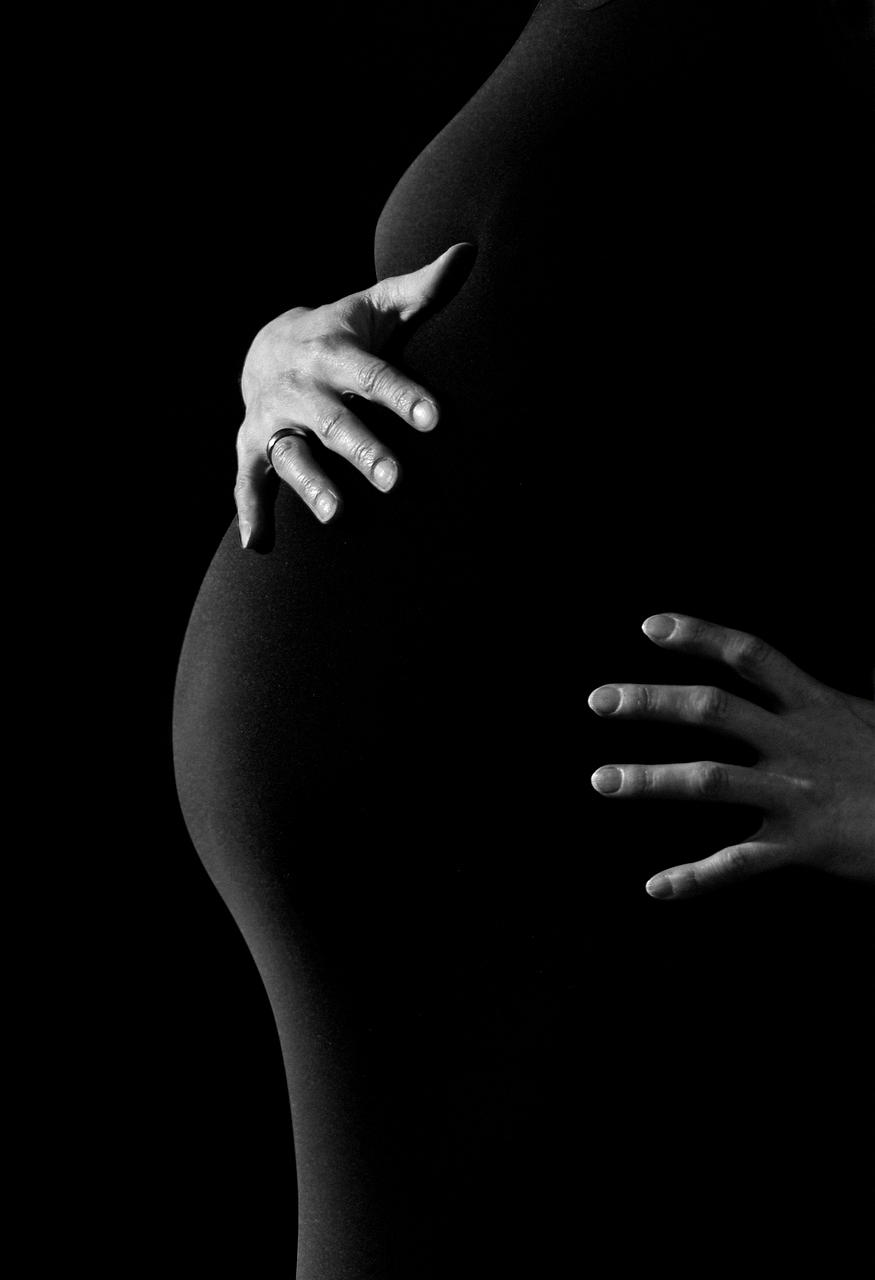Experiencing hip pain during pregnancy can be a challenging and uncomfortable situation for expectant mothers. One common issue that can lead to severe hip pain during pregnancy is sciatica. This condition is caused by the pressure exerted on the sciatic nerve by the growing uterus, resulting in shooting pain that can extend from the lower back to the hips and down the back of the leg.
Risk Factors and Contributing Factors
Several factors can contribute to the development of hip pain during pregnancy, with weight gain being a primary risk factor. The extra weight gained during pregnancy puts additional stress on the hips and pelvic region, leading to discomfort and pain. Hormonal changes during pregnancy can also loosen ligaments and joints, potentially exacerbating hip pain.
Effects on Mobility
Severe hip pain during pregnancy can significantly impact a woman’s mobility and ability to walk comfortably. The shooting pain and discomfort may make it difficult to move around, especially during the later stages of pregnancy when the baby’s weight places more pressure on the sciatic nerve.
Management and Relief
Managing and alleviating hip pain during pregnancy is essential for the well-being of the expectant mother. Gentle exercises, such as prenatal yoga or water aerobics, can help strengthen the muscles supporting the hips and alleviate some of the discomfort. Using maternity support belts or pillows to help distribute the weight more evenly can also provide relief.
Seeking Medical Advice
If the hip pain becomes severe and interferes with your daily activities, it is crucial to consult with your healthcare provider. They can offer personalized advice and may recommend physical therapy or other interventions to help manage the pain and improve mobility.
Self-Care Measures
In addition to seeking medical advice, there are self-care measures that can be taken to alleviate hip pain during pregnancy. Applying heat or cold packs to the affected area, practicing good posture, and avoiding standing or sitting for prolonged periods can all help reduce discomfort.
Postpartum Recovery
While hip pain during pregnancy can be challenging, the good news is that it often resolves on its own after childbirth. The pressure on the sciatic nerve is relieved once the baby is born, allowing the hip pain to gradually diminish as the body returns to its pre-pregnancy state.
Emotional Support
Coping with severe hip pain during pregnancy can also take an emotional toll on expectant mothers. It is essential to seek support from loved ones, friends, or a healthcare provider to manage the emotional impact of dealing with persistent discomfort and limitations in mobility.
Preparing for Delivery
As you navigate through hip pain during pregnancy, it is vital to prepare for delivery and postpartum recovery. Discussing pain management options and creating a birth plan with your healthcare provider can help ensure a smooth delivery process and provide peace of mind during this transformative period.
Staying Active
Despite experiencing hip pain, staying active within your comfort level is essential for maintaining overall health during pregnancy. Low-impact exercises that support the hip and pelvic muscles can help alleviate discomfort and promote a sense of well-being throughout the gestational period.
Listening to Your Body
Above all, it is important to listen to your body and prioritize self-care during pregnancy. Honor your limits, take breaks when needed, and communicate openly with your healthcare provider about any concerns or changes in your condition. Your well-being and comfort are paramount as you navigate the challenges of hip pain during pregnancy.
Conclusion
In conclusion, severe hip pain during pregnancy, preventing comfortable walking, can be attributed to various factors such as sciatica, weight gain, hormonal changes, and pressure on the sciatic nerve. By implementing self-care measures, seeking medical advice, and preparing for postpartum recovery, expectant mothers can manage hip pain effectively and prioritize their well-being during this transformative period in their lives.

